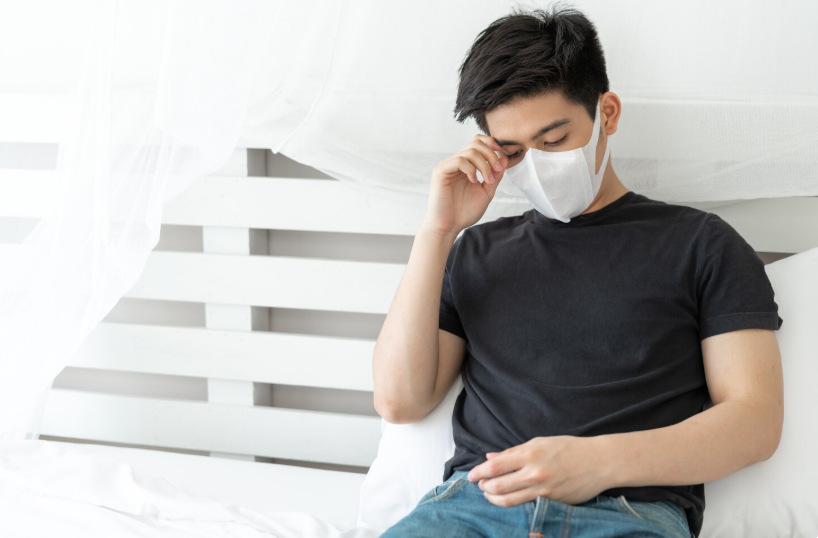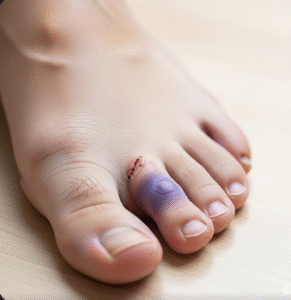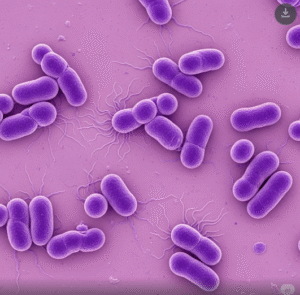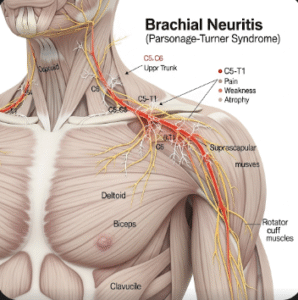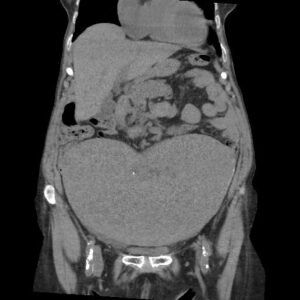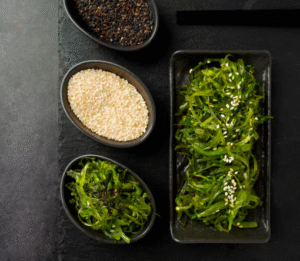Overview
Hay fever, also known as allergic rhinitis, is a common allergic condition caused by sensitivity to airborne allergens such as pollen. In Korea, seasonal hay fever is particularly prevalent during spring when tree and grass pollens are abundant. Effective diagnosis and management help reduce symptoms and improve quality of life.
What is Hay Fever?
Hay fever is an allergic reaction of the nasal passages and eyes to environmental allergens. It affects both children and adults, causing inflammation and overreaction of the immune system to otherwise harmless substances. The condition can be seasonal (occurring at certain times of the year) or perennial (year-round).
Symptoms
- Sneezing and runny nose
- Nasal congestion or stuffiness
- Itchy or watery eyes
- Itchy throat or palate
- Postnasal drip and coughing
- Fatigue or irritability due to disrupted sleep
Causes
- Exposure to pollen from trees, grasses, and weeds
- Dust mites, mold, and pet dander for perennial cases
- Overactive immune response causing histamine release and inflammation
Risk Factors
- Family history of allergies or asthma
- Personal history of eczema or other allergic conditions
- Living in urban areas with high pollen or pollution levels
- Seasonal exposure to allergenic plants
Complications
If left unmanaged, hay fever can lead to:
- Sinus infections (sinusitis)
- Ear infections (otitis media)
- Sleep disturbances and daytime fatigue
- Worsening of asthma symptoms
- Reduced concentration and productivity
Prevention
- Monitor pollen forecasts and limit outdoor exposure during high pollen periods
- Use protective measures such as masks, sunglasses, and air purifiers
- Keep windows closed during peak pollen seasons
- Wash hands, face, and hair after outdoor activities
- Early consultation with an allergist for testing and preventive strategies
Treatment Options in Korea
In Korea, hay fever is managed with a combination of medications, lifestyle adjustments, and allergy-specific therapies:
- Medications:
- Antihistamines, nasal corticosteroids, and decongestants to relieve symptoms
- Eye drops for itchy or watery eyes
- Allergy testing and immunotherapy:
- Skin prick or blood tests to identify specific allergens
- Allergen immunotherapy (allergy shots or sublingual tablets) available at hospitals like Seoul National University Hospital, Samsung Medical Center, and Asan Medical Center
- Lifestyle and environmental management:
- Regular cleaning, use of air filters, and avoidance of allergens
- Follow-up care:
- Monitoring symptoms and adjusting treatment to prevent exacerbations
With proper treatment and preventive measures, most patients in Korea can manage hay fever effectively and maintain a normal daily routine.

